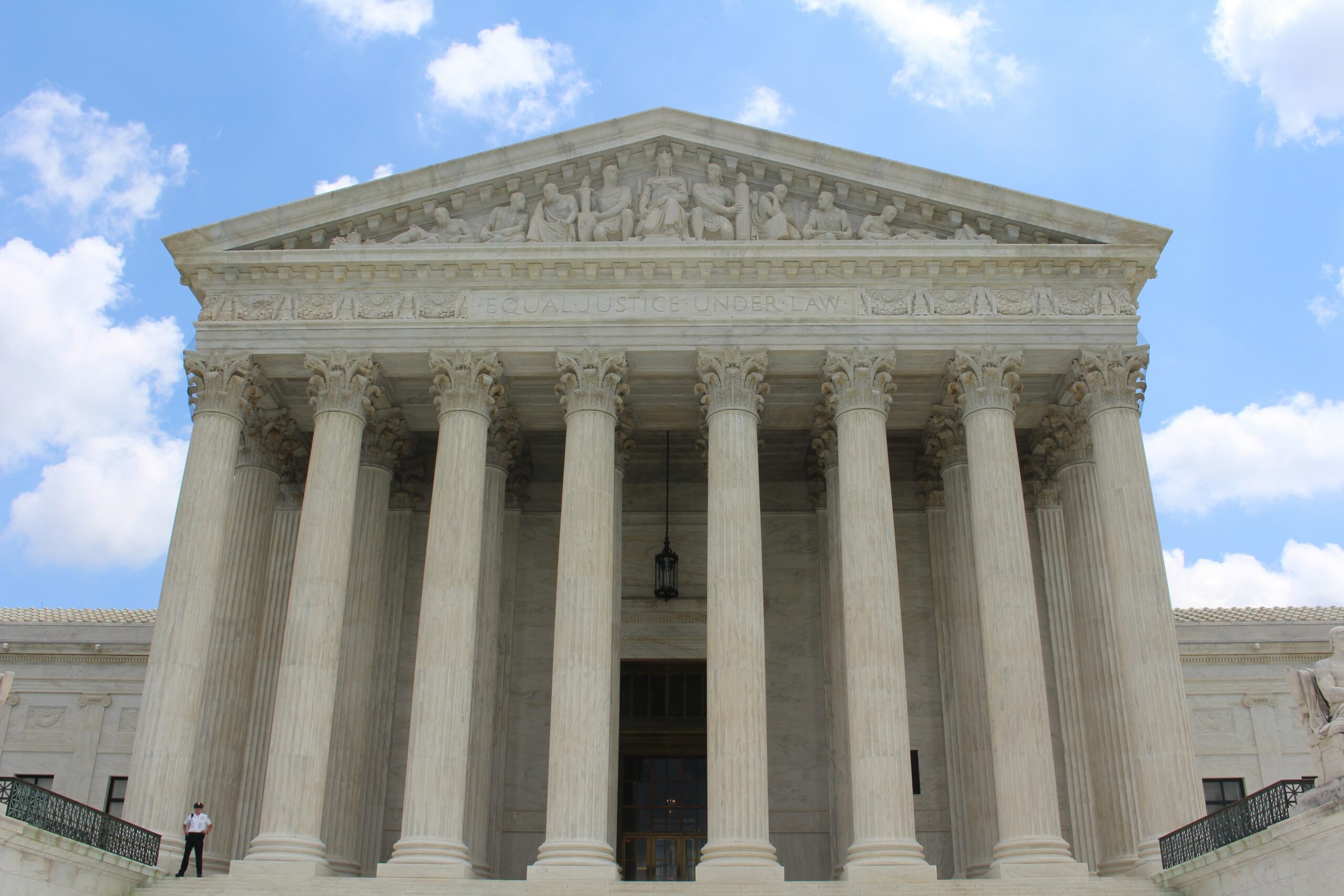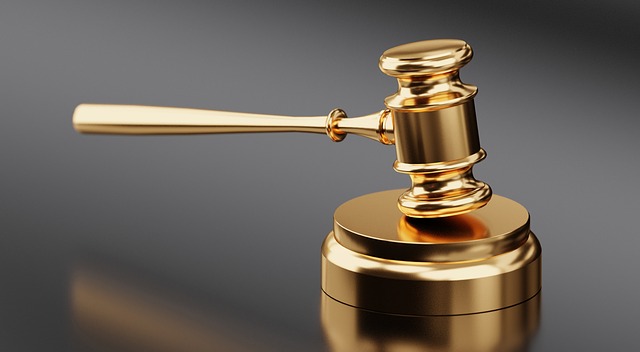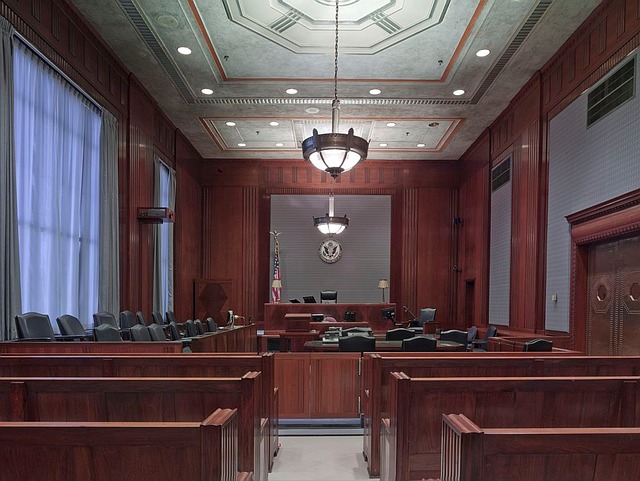By Veronika Sinou,
We are all familiar with the function of the Supreme Court of the United States of America, mainly due to Hollywood movie productions where it is implied that the Highest Court of Justice, in all 50 States, only serves the common good.
Recently, I came across a Netflix series called How to get away with murder, in which the main character goes out of her way to present a case to the Supreme Court, in order to improve the legislation regarding prisoners’ rights of fair state legal representation. This show raises a variety of questions, one of them being: “What does it take for a case to be in the discretion of the supreme court judges?”
To start off, nobody is actually entitled to an appearance in front of the Supreme Court, a decision that relies completely on the discretion of the judges. We witness roughly 8,000 cases being submitted to an appearance, yet only 80 cases are accepted, which takes the acceptance rate down to 1%. In order for a case to appeal to the U.S. Supreme Court, it has to fall into either of the three following categories: a) a case of national importance, b) a case where a lower court invalidates federal law, or c) a case in order to resolve a split decision made by the lower courts.
Notwithstanding the above-mentioned framework, the final decision is eventually placed in front of the 9 sitting Justices of the Supreme Court who will either accept or reject the hearing of a case. Most cases start from the bottom layer of the federal court system, which is the district level. Consequently, somebody can appeal to the circuit level if they lose the case in the district level. The U.S. is divided into 11 general circuits -12 with D.C.- and a federal court that mostly hears military cases. The U.S. created this legal pathway in order for each State to be semi-autonomous. For instance, if somebody breaks criminal law (such as committing assault, murder etc.), they will end up in state courts.
Federal courts are of limited power including the hearing of cases that involve the violation of the Constitution of the United States or the First Amendment. In the event of wrongdoing or if the applicant is displeased with the outcome of a federal court, expatiation on the case will be provided in a hearing by one -out of the 50- state supreme courts.
Let us assume that someone’s case qualifies to all of the above and they have the motivation and funds to support their arguments until their last fighting chance, still there is hardly any chance of facing a neutral ground for administering justice.
The Supreme Court judges are appointed by politicians under the authority of the President and their nomination needs to be approved by the Senate as well. This procedure was formed to ensure that the appointed judges abide by a list of important criteria, as the nomination of a Supreme Court Justice endures until the end of their life.
Unfortunately, there is the contingency that a judge can override the 60-vote rule by a simple majority vote in the Senate and not the two thirds of the vote that it is required for an individual to be elected as a federal or Supreme Court judge. That gives the opportunity to the political party in power which has the Senate’s majority advantage, to overcome that rule and appoint their preferable and like-mined judges.
This situation results into courtrooms being driven by political agendas. The U.S. court system seems to have become a victim in a political game of power between the Democratic and the Republican parties. If your case is not aligned with the judge’s agenda, it is quite likely for it to be dismissed.
References
- Official site of the Supreme Court of the United States of America. Available here.
- The Guardian, Law Section, US Supreme Court. Available here.
- Exploring Constitutional Conflicts, The Supreme Court in the American System of Government. Available here.
- The New York Times, Barrett Sworn In as Supreme Court Justice. Available here.






